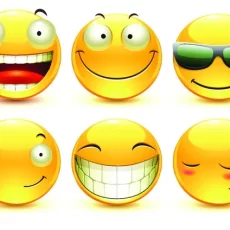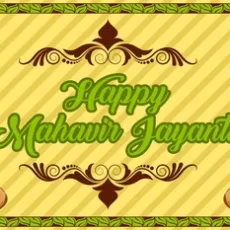It was early in our courtship that I realised the guy I was dating, wasn’t laughing at my jokes. Well actually, he may have been laughing at my jokes, and in fact I thought he was laughing at my jokes, because he consistently responded with boisterous HAHAHAs to my humorous text messages.
It was flattering. Except when I made a joke that wasn’t that funny, perhaps only worthy of a single ha – and suddenly it dawned on me that his typical HAHAHA reply (that’s three HAs, no spaces, all caps) was formulaic. Which could mean only one thing: This was not indicative of an actual measurement of laughter, but merely of the autocorrect function that had memorized a HA sequence. Happyho also provide best Meditation classes and yoga classes in Noida and Delhi NCR India area.
Laughter is a beautiful expression. Which also expresses happiness. However there is a behavioural change arising for a joke or funny text when sent on any messaging tool.
Textual representations of laughter is now pretty dated. But these days, a HAHAHA versus a ha in a text can indicate the difference between “I’m dying laughing“ and “I literally never want to see you again.“ Laughter, linguists say establishes closeness and conveys meaning. It sends micro messages to our conversation partner through length, tone, intonation and facial expressions. And since we can’t crack up, giggle, guffaw, snort, or simply nod and smile on text, we’ve had to come up with a host of different ways to get across what we mean. Take hahaha, which we’ll call basic laughter. Then of course there is LOL, for “laugh out loud,“ which actually means the opposite, because nobody using LOL has actually laughed out loud since at least 2015. “It’s like saying `k,’“ said Sharon Attia, a 22-year-old college senior, noting that a single ha is also pretty much the equivalent to giving someone your best resting bitch face. LOL is among the most common online “laughs“ used on Facebook.
Another variation on haha includes “haha?“ It is intended for that friend who texts you the inappropriate joke, when you’re not sure if you’re supposed to laugh or perhaps when the inappropriate joke was yours. There’s ha ha ha (note the spaces) as a way to indicate what my 13-year-old self might have referred to as “hardy har har“ -or, very funny -NOT. And of course there is an emoji ha -which is crying tears of laughter. Others include ROFL (rolling on the floor laughing) and ROFLOL (rolling on the floor laughing out loud) that followed LOL some time in the early 1990s.




